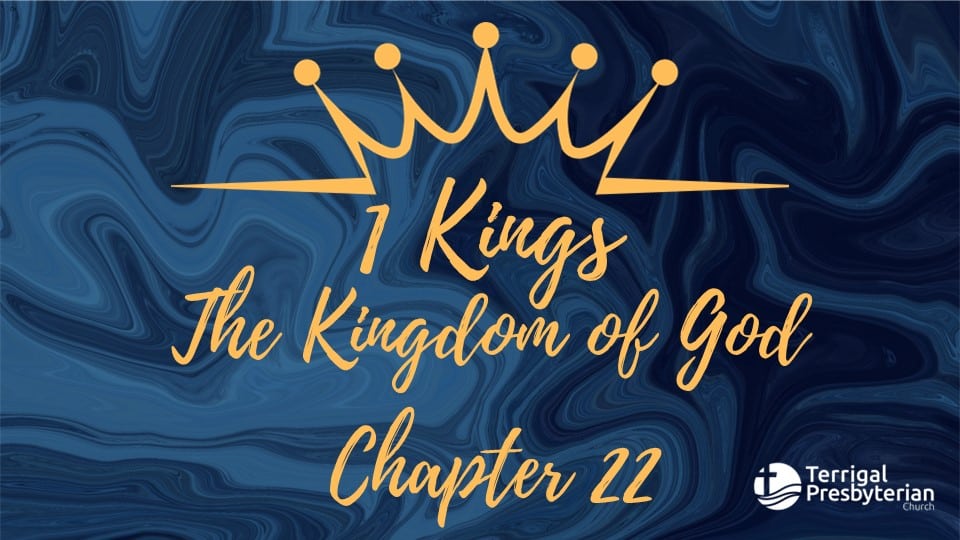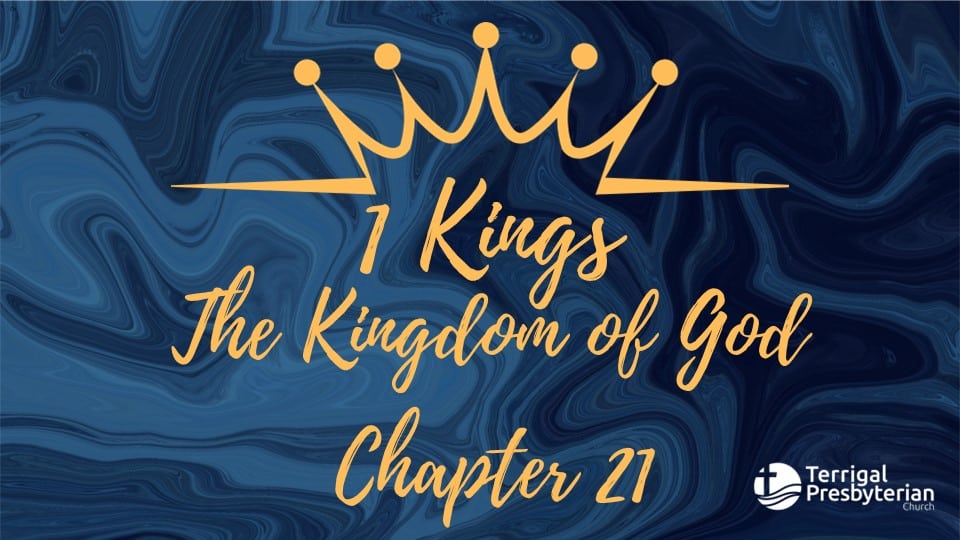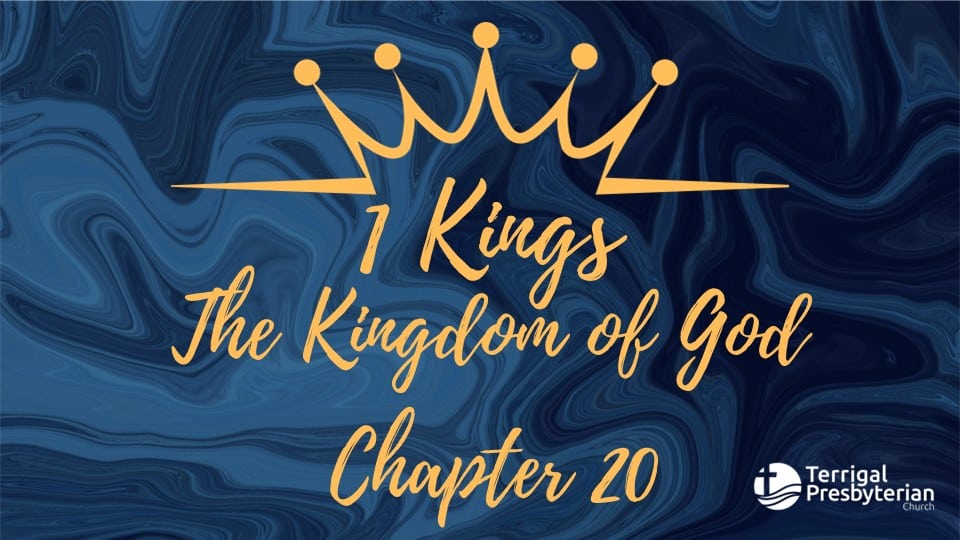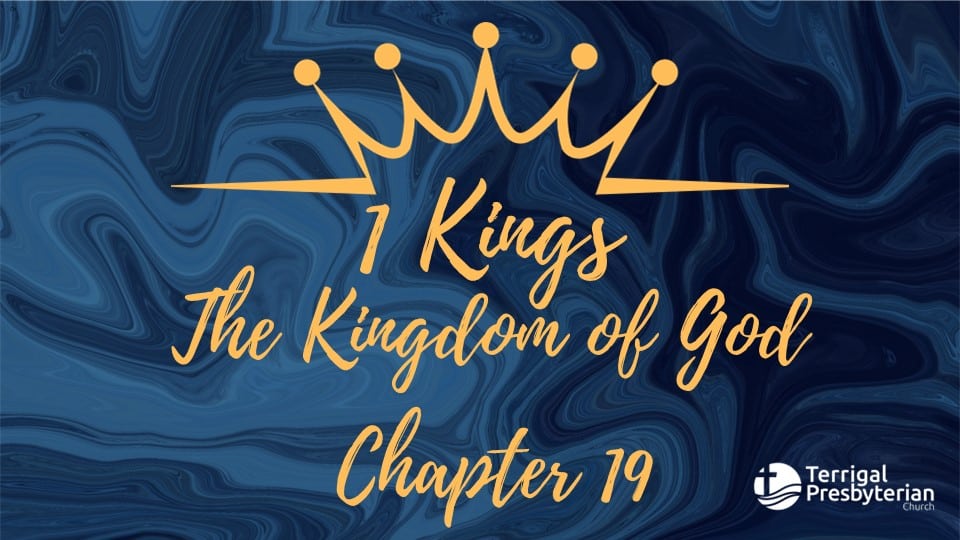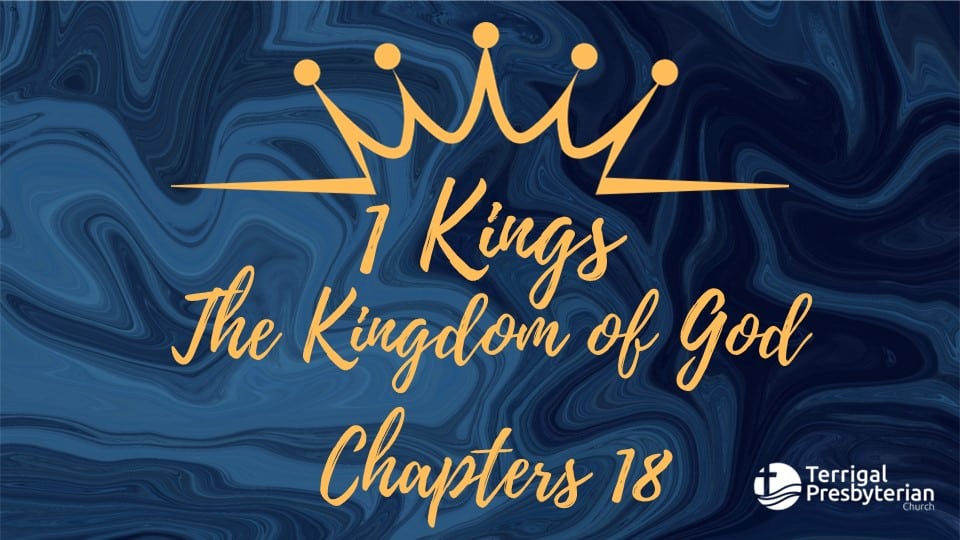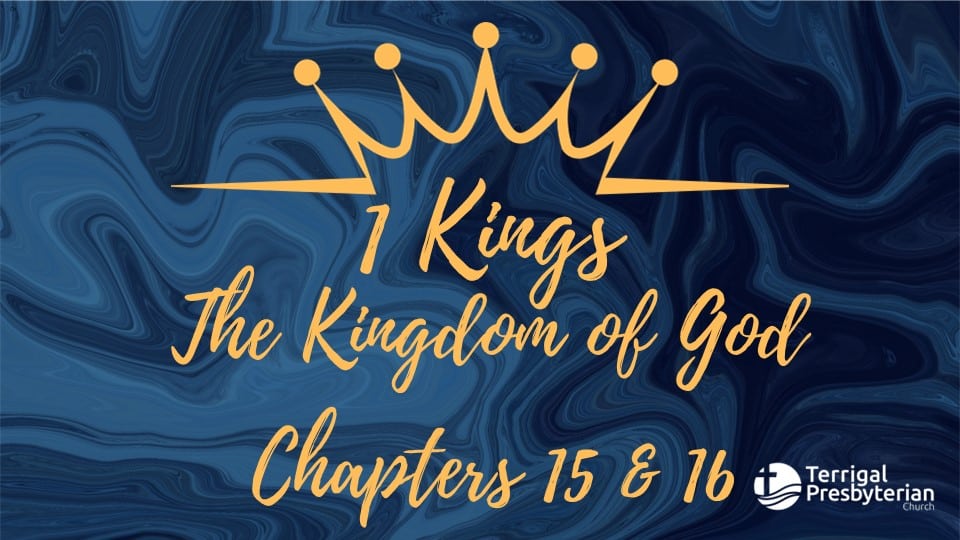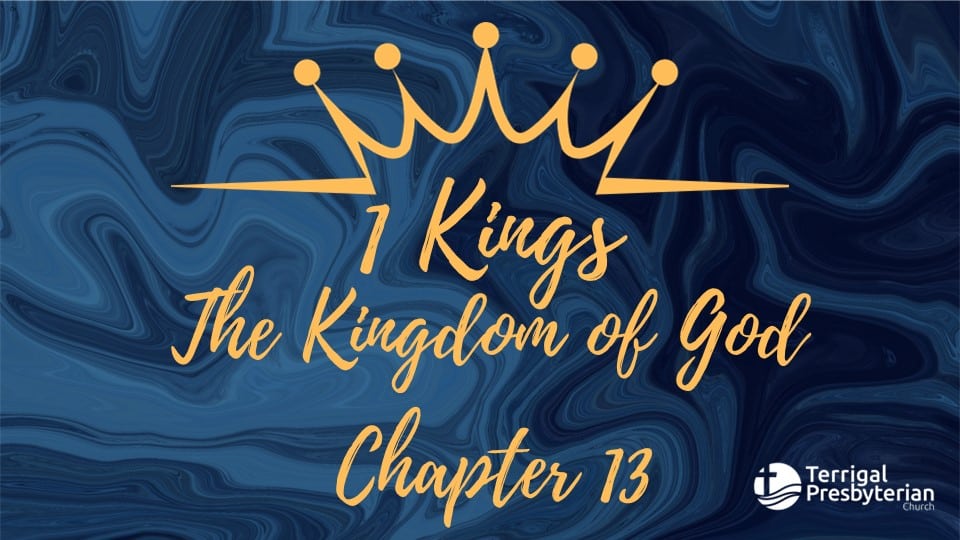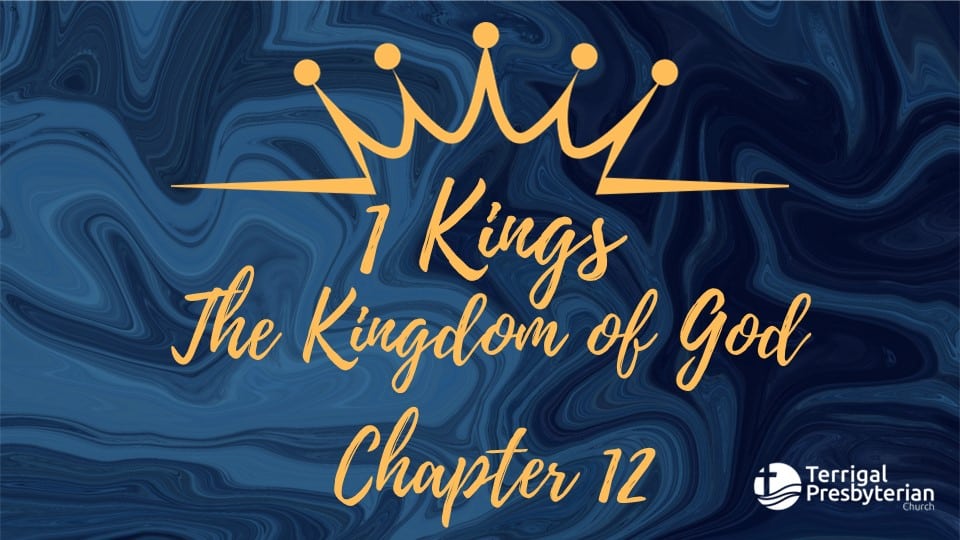Matthew 16:13-20
When Jesus came to the region of Cæsarea Philippi, he asked his disciples, “Who do people say the Son of Man is?”
They replied, “Some say John the Baptist; others say Elijah; and still others, Jeremiah or one of the prophets.”
“But what about you?” he asked. “Who do you say I am?”
Simon Peter answered, “You are the Christ, the Son of the living God.”
Jesus replied, “Blessed are you, Simon son of Jonah, for this was not revealed to you by man, but by my Father in heaven. And I tell you that you are Peter, and on this rock I will build my church, and the gates of Hades will not overcome it. I will give you the keys of the kingdom of heaven; whatever you bind on earth will be bound in heaven, and whatever you loose on earth will be loosed in heaven.”
Then he warned his disciples not to tell anyone that he was the Christ.
1 Kings 22:1-28
For three years there was no war between Aram and Israel. But in the third year Jehoshaphat king of Judah went down to see the king of Israel.
The king of Israel had said to his officials, “Don’t you know that Ramoth Gilead belongs to us and yet we are doing nothing to retake it from the king of Aram?”
So he asked Jehoshaphat, “Will you go with me to fight against Ramoth Gilead?” Jehoshaphat replied to the king of Israel, “I am as you are, my people as your people, my horses as your horses.”
But Jehoshaphat also said to the king of Israel, “First seek the counsel of the LORD.”
So the king of Israel brought together the prophets – about four hundred men – and asked them, “Shall I go to war against Ramoth Gilead, or shall I refrain?”
“Go,” they answered, “for the Lord will give it into the king’s hand.”
But Jehoshaphat asked, “Is there not a prophet of the LORD here whom we can inquire of?”
The king of Israel answered Jehoshaphat, “There is still one man through whom we can inquire of the LORD, but I hate him because he never prophesies anything good about me, but always bad. He is Micaiah son of Imlah.”
“The king should not say that,” Jehoshaphat replied.
So the king of Israel called one of his officials and said, “Bring Micaiah son of Imlah at once.” Dressed in their royal robes, the king of Israel and Jehoshaphat king of Judah were sitting on their thrones at the threshing floor by the entrance of the gate of Samaria, with all the prophets prophesying before them.
Now Zedekiah son of Kenaanah had made iron horns and he declared, “This is what the LORD says: ‘With these you will gore the Arameans until they are destroyed.'” All the other prophets were prophesying the same thing. “Attack Ramoth Gilead and be victorious,” they said, “for the LORD will give it into the king’s hand.”
The messenger who had gone to summon Micaiah said to him, “Look, as one man the other prophets are predicting success for the king. Let your word agree with theirs, and speak favourably.”
But Micaiah said, “As surely as the LORD lives, I can tell him only what the LORD tells me.” When he arrived, the king asked him, “Micaiah, shall we go to war against Ramoth Gilead, or shall I refrain?”
“Attack and be victorious,” he answered, “for the LORD will give it into the king’s hand.” The king said to him, “How many times must I make you swear to tell me nothing but the truth in the name of the LORD?”
Then Micaiah answered, “I saw all Israel scattered on the hills like sheep without a shepherd, and the LORD said, ‘These people have no master. Let each one go home in peace.'”
The king of Israel said to Jehoshaphat, “Didn’t I tell you that he never prophesies anything good about me, but only bad?”
Micaiah continued, “Therefore hear the word of the LORD: I saw the LORD sitting on his throne with all the host of heaven standing around him on his right and on his left.
And the LORD said, ‘Who will entice Ahab into attacking Ramoth Gilead and going to his death there?'”
One suggested this, and another that.
Finally, a spirit came forward, stood before the LORD and said, ‘I will entice him.’
“‘By what means?’ the LORD asked. “‘I will go out and be a lying spirit in the mouths of all his prophets,’ he said.
“‘You will succeed in enticing him,’ said the LORD. ‘Go and do it.’
“So now the LORD has put a lying spirit in the mouths of all these prophets of yours. The LORD has decreed disaster for you.”
Then Zedekiah son of Kenaanah went up and slapped Micaiah in the face. “Which way did the spirit from the LORD go when he went from me to speak to you?” he asked. Micaiah replied, “You will find out on the day you go to hide in an inner room.”
The king of Israel then ordered, “Take Micaiah and send him back to Amon the ruler of the city and to Joash the king’s son and say, ‘This is what the king says: Put this fellow in prison and give him nothing but bread and water until I return safely.'”
Micaiah declared, “If you ever return safely, the LORD has not spoken through me.” Then he added, “Mark my words, all you people!”

